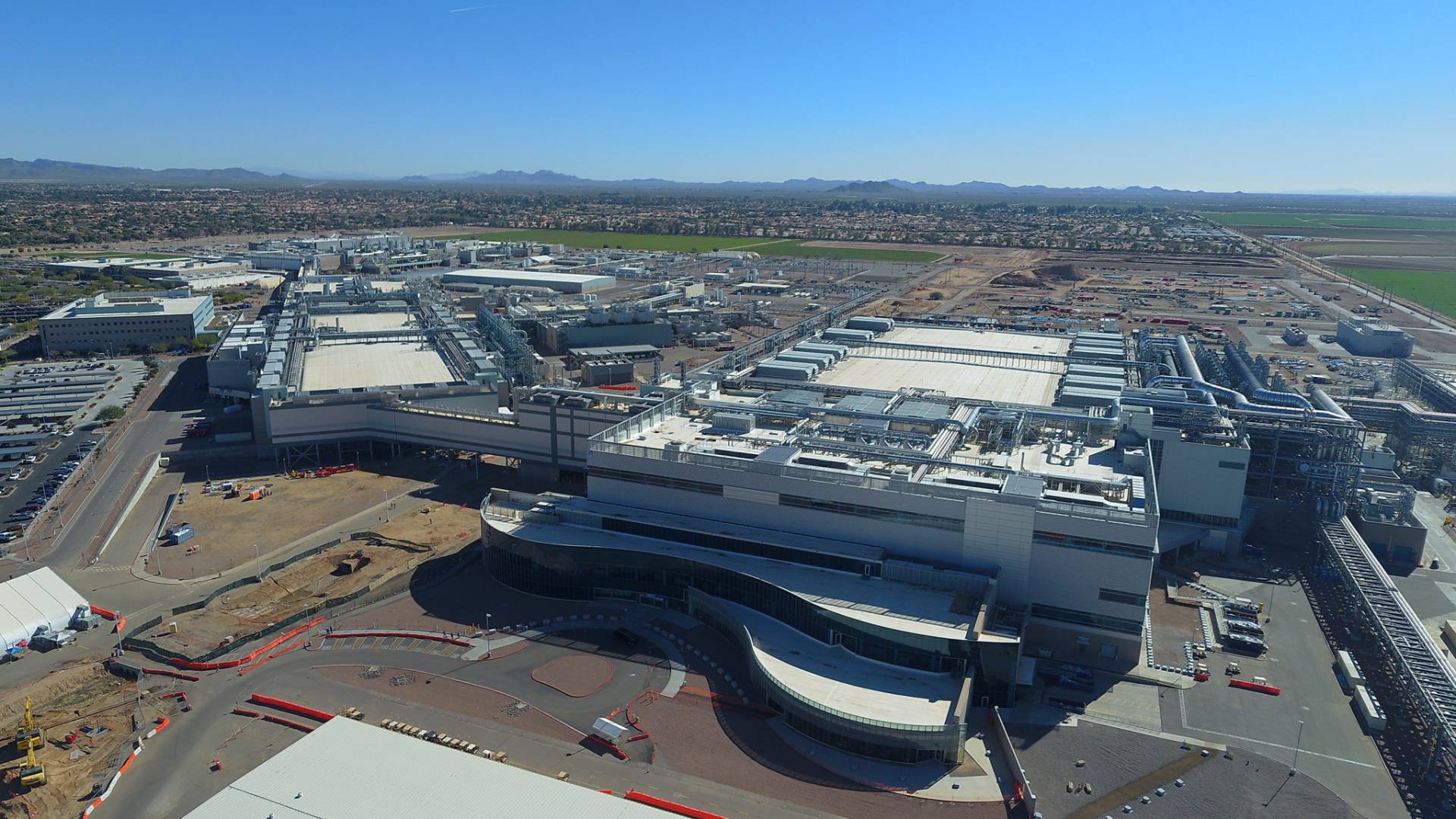Intel Execs Discuss The Possibility Of Spinning Off Foundry

Intel's interim co-CEOs, David Zinsner and Michelle Johnson Holthaus, discussed the possibility of fully spinning off its foundry business while speaking at the Barclays investment banking conference on Thursday.
Both, however, insisted a decision to that effect would not be made in the near term and was unlikely to be made by the interim leaders.
Prior to former CEO Pat Gelsinger's abrupt "retirement" last week, Intel had faced pressure from former board members to spin off its struggling foundry unit as an independent company. The division has become a sore spot on the x86 giant's quarterly financials, racking up $5.8 billion in operating losses during the third quarter alone.
Intel is already in the process of spinning off the division as an independent subsidiary with its own board, something Zinsner emphasized is ongoing.
"As far as, does it ever fully separate? I think that's an open question for another day," Zinsner said in response to a question regarding the role that 18A's success would have on the decision.
Intel 18A will be the chipmaker's first process node available to external customers, marking a significant shift away from reliance on outside foundry partners. As it stands, a sizable chunk of Intel's product portfolio is manufactured by rival TSMC.
- Apple reportedly building AI server processor with help from Broadcom
- Intel turmoil prompts S&P Global to downgrade chipmaker's credit rating
- US Commerce Dept coughs up $6.1B Christmas present for Micron
- AMD secure VM tech undone by DRAM meddling
Responding to the same question, Holthaus highlighted the competitive advantage Intel Foundry's process tech offered, and suggested a complete spinoff of the business would not be her first choice.
"Great products with a great process, technology that we have first access to is a differentiator," Holthaus said, adding that early indications for the health of 18A are promising with ES0 samples for the company's next-gen Panther Lake client CPUs already shipped, and eight customers having powered on.
"Pragmatically, do I think it makes sense that they're completely separated and there's no tie? I don't think so, but someone will decide that," Holthaus said.
The identity of that someone and the direction they might take the embattled chipmaker remain open questions. In the meantime, concerns over the speed of Intel's recovery and uncertainty regarding management have already driven S&P Global to downgrade the company's credit rating from BBB+ to a BBB. The decision comes roughly a month after S&P Global dropped Intel from the Dow Jones Industrial Average, replacing it with Nvidia. ®
From Chip War To Cloud War: The Next Frontier In Global Tech Competition
The global chip war, characterized by intense competition among nations and corporations for supremacy in semiconductor ... Read more
The High Stakes Of Tech Regulation: Security Risks And Market Dynamics
The influence of tech giants in the global economy continues to grow, raising crucial questions about how to balance sec... Read more
The Tyranny Of Instagram Interiors: Why It's Time To Break Free From Algorithm-Driven Aesthetics
Instagram has become a dominant force in shaping interior design trends, offering a seemingly endless stream of inspirat... Read more
The Data Crunch In AI: Strategies For Sustainability
Exploring solutions to the imminent exhaustion of internet data for AI training.As the artificial intelligence (AI) indu... Read more
Google Abandons Four-Year Effort To Remove Cookies From Chrome Browser
After four years of dedicated effort, Google has decided to abandon its plan to remove third-party cookies from its Chro... Read more
LinkedIn Embraces AI And Gamification To Drive User Engagement And Revenue
In an effort to tackle slowing revenue growth and enhance user engagement, LinkedIn is turning to artificial intelligenc... Read more

